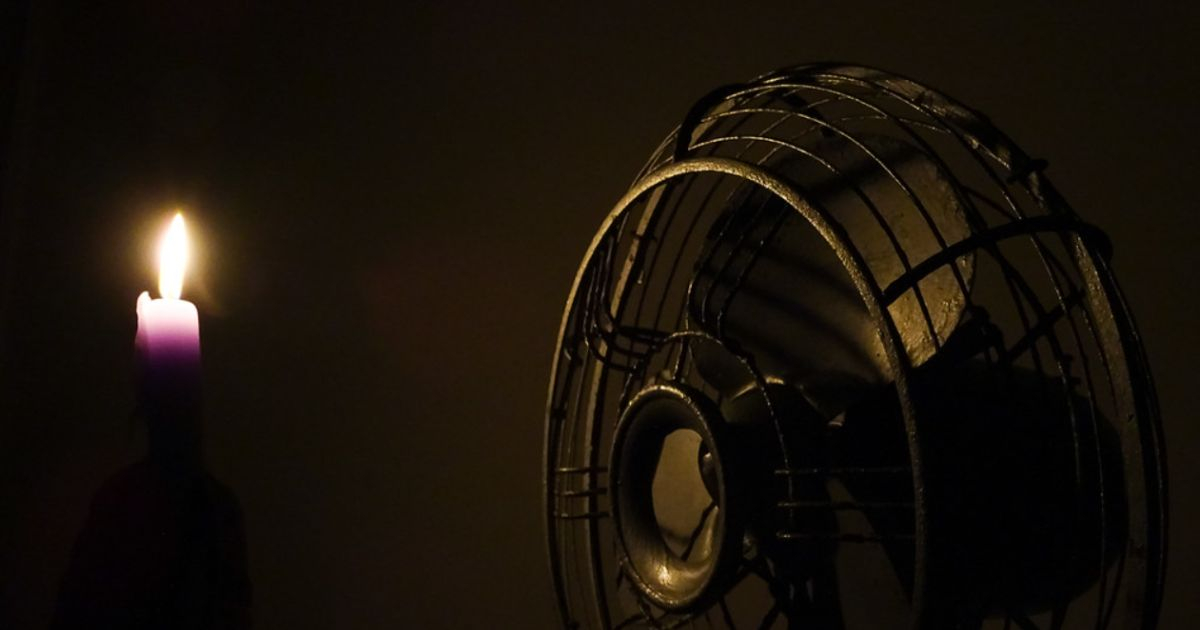The state-run channel Tele Turquino in Santiago de Cuba issued a message on social media this Monday, urging the public to conserve electricity and emphasizing the importance of avoiding waste. "Saving means doing things efficiently, not wasting, using only what is minimally necessary," the broadcaster stated on Facebook. This message was met with irony and frustration, as Santiago de Cuba, along with other central and eastern provinces, experiences some of the longest power outages.
The post also recommended using energy-saving bulbs, claiming they illuminate as well as incandescent ones but consume less energy. However, this advice struck many as ironic, given that such bulbs are only available in stores that accept MLC (Freely Convertible Currency) at exorbitant prices, and are often out of stock even there.
A social media user named Amaya Llopiz Montero questioned, "Is this serious? Please, don't mock us; we are already beyond the limit." Similarly, Lázaro Rosales Cárdenas remarked that "we might as well live in the jungle," expressing his frustration at the unfairness of having to give up the little electricity they still have.
Last Tuesday, Commander Ramiro Valdés, a prominent figure in the Cuban regime, urged Cuban families to conserve electricity amid the severe energy crisis plaguing the country. During a session of the National Energy Council held at the Unión Eléctrica (UNE), Valdés sent a message to families to "make rational use of energy wherever they are."
Understanding Cuba's Electricity Crisis
The ongoing electricity issues in Cuba have sparked many questions. Here, we address some common queries to provide a clearer understanding.
Why is Cuba experiencing long power outages?
Cuba is facing a severe energy crisis due to outdated infrastructure, lack of investment, and economic challenges exacerbated by the regime's policies. This has led to frequent and prolonged power outages, especially in central and eastern provinces.
What are MLC stores in Cuba?
MLC (Freely Convertible Currency) stores in Cuba are retail outlets where goods are sold in foreign currencies, such as U.S. dollars or euros. These stores often have better-stocked inventories but are inaccessible to many Cubans who earn in the national currency.
How are Cuban citizens reacting to the government's energy-saving measures?
Many Cuban citizens view the government's energy-saving measures with skepticism and frustration. They find the recommendations impractical and ironic, given the severe power outages and the inaccessibility of energy-saving products.
